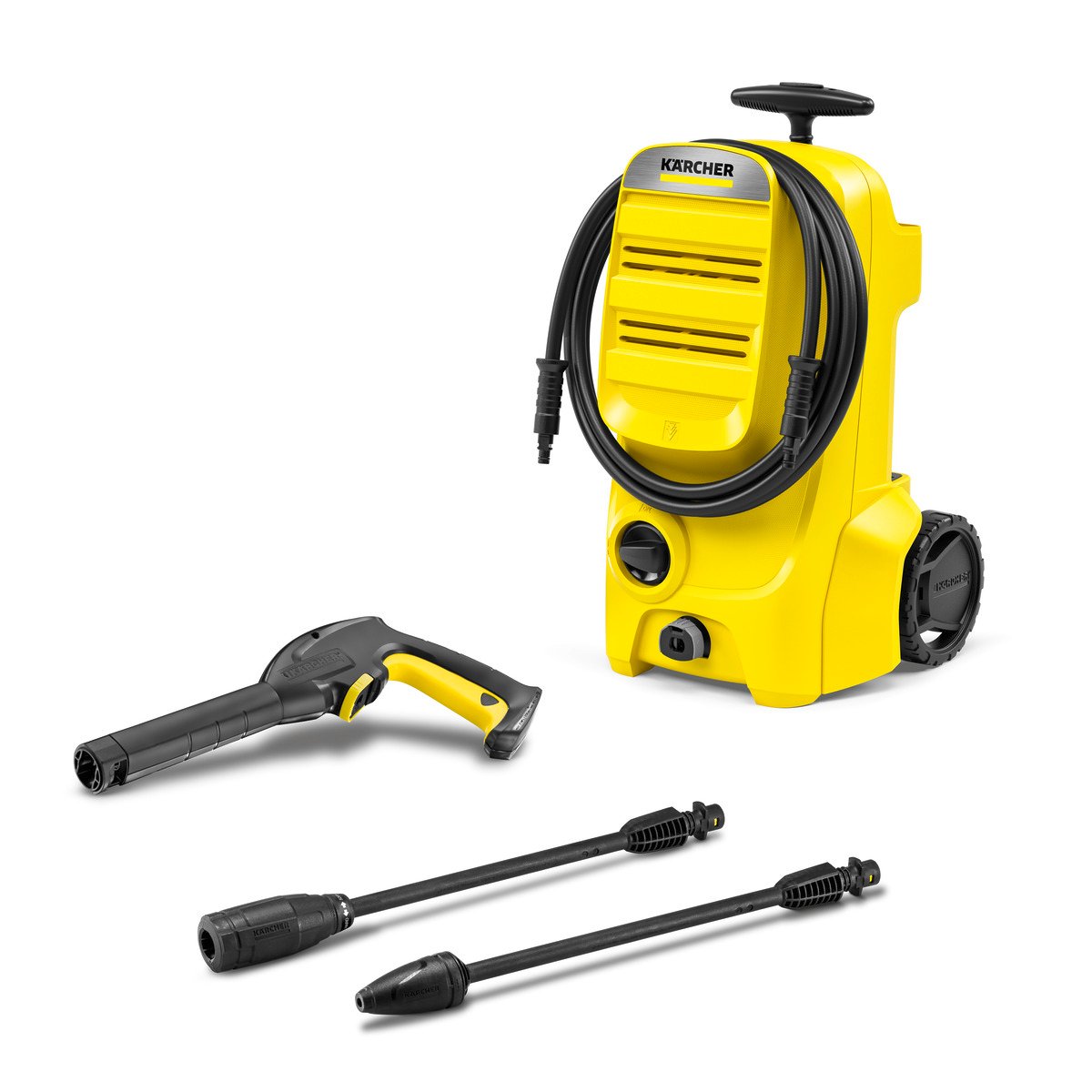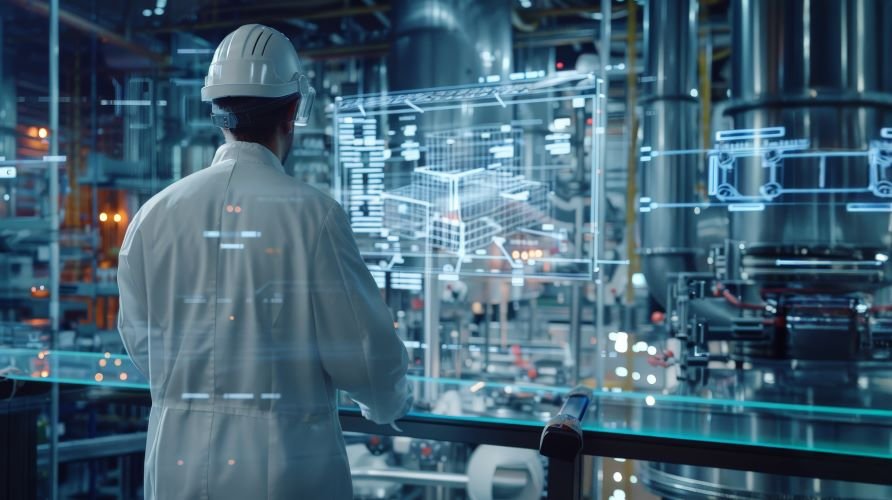The Philippine aluminum industry is going through a remarkable metamorphosis as suppliers keep up with technological advances, changing customer needs, and sustainability initiatives. Such changes are not only transforming the production and supply of aluminum products but also enhancing efficiency, quality, and environmental sustainability. Aluminum Supplier Philippines is stepping beyond conventional approaches to embracing new solutions that promote competitiveness and satisfy today’s market requirements. This article examines the most significant recent developments in the Philippine aluminum supply chain and how they are affecting the wider industrial environment.
Evolving Market Demands and the Need for Innovation
Changing Industry Needs
The demand for aluminum over the years has changed from simple structural uses to specialized, lightweight, and high-performance applications in construction, transportation, electronics, and renewable energy. With increasingly complex industries, the materials used must not only be strong and long-lasting but also accurate, sustainable, and economical.
This transformation has compelled aluminum producers in the Philippines to innovate in every aspect of their operations—product design and processing technology to delivery systems and customer relations.
Competitive Pressures
With increasing competition from the international market and domestic players, Philippine aluminum suppliers need to keep raising their game. Innovation has become the key to staying competitive. Suppliers who adopt new technologies and keep pace with international trends are in a better position to satisfy cosmopolitan clients and secure long-term contracts.
Innovations in Manufacturing and Processing
Advanced Aluminum Extrusion Technology
One of the key innovations in recent years has been the use of sophisticated aluminum extrusion techniques. New technology with better temperature control, die design, and automated handling now allows Philippine suppliers to manufacture more accurate and intricate aluminum profiles.
These advances result in less waste, greater strength-to-weight ratios, and the capacity to produce customized designs for niche markets like automotive, aerospace, and high-end architectural applications. Computer-controlled extrusion processes, when integrated, provide consistent product quality and quicker turnaround times.
CNC Manufacturing and Fabrication
Most aluminum suppliers today invest in CNC (Computer Numerical Control) machining technology to provide high-precision cutting, drilling, milling, and shaping of aluminum parts. This technology enables the manufacturing of intricate parts with close tolerances, which makes aluminum products ideal for industrial equipment, electronics, and custom engineering applications.
The application of CNC technology not only enhances the accuracy of the product but also accelerates production and minimizes the possibility of human error, allowing suppliers to handle more technical and complex jobs.
Material Improvements and Alloy Development
Enhanced Aluminum Alloys
To address expanding needs for light yet high-strength materials, manufacturers have started to supply an increasingly wide selection of aluminum alloys with unique characteristics. New aluminum alloys are designed to enhance corrosion resistance, heat transfer, and machinability.
For example, the versatile 6000-series aluminum alloys with weldability are being more precisely developed with better tensile strength and surface quality. Such advancements enable high-performance applications in areas such as transportation and building systems.
Eco-Friendly Coatings and Finishes
Advances in coating technology have also enhanced the look and longevity of aluminum products. Philippine suppliers now employ powder coating systems that are less harmful to the environment compared to solvent-based paints, yielding less toxic waste and longer-lasting finishes.
Anodizing techniques have also undergone development, enabling improved surface protection and cosmetic diversity without sacrificing structural integrity. Such finishes are highly sought after in contemporary architecture, automotive trim, and electronic enclosures.
Digital Integration in Supply Chains
Inventory and Order Management Systems
To enhance efficiency and transparency, numerous aluminum suppliers have begun to incorporate digital platforms into their businesses. Advanced inventory systems allow real-time monitoring of stock levels, order processing, and delivery schedules. This reduces delays, enhances customer service, and enables improved forecasting of demand.
Digital platforms also facilitate streamlined communication between clients and suppliers, making it simple to monitor order status, view technical documentation, and place custom requests—all through a centralized online portal.
E-Commerce and Online Quoting
In answer to increasing digital expectations of both customers and companies, certain aluminum suppliers have introduced e-commerce websites and online quotation systems. These sites enable users to search through product catalogs, look at material specifications, and obtain instant pricing.
This move towards digital self-service platforms alleviates administrative hold-ups, opens up wider markets, and enhances customer experience. It is also part of a wider trend of digital transformation in the manufacturing and materials supply industries.
Sustainable Practices and Green Innovations
Recycling and Circular Economy Initiatives
Aluminum is also very recyclable, and Philippine suppliers are now cashing in on this attribute in the form of more efficient recycling. Waste aluminum from construction work, factory production, and fabrication is gathered, sorted, and recycled into fresh products without compromising quality.
Some of the suppliers have joined forces with recycling facilities to close the loop in their production loops. In this way, they minimize their carbon footprint, decrease raw material expenses, and help promote a circular economy that fosters long-term environmental sustainability.
Energy-Efficient Production
Sustainability innovations also find their way into the production of aluminum. Suppliers are investing in energy-efficient furnaces, LED lighting systems, and waste heat recovery technology for their facilities. Others are investing in renewable energy sources, such as solar-powered operations, in order to comply with international moves towards curbing greenhouse gas emissions.
Such practices benefit not just the environment but also appeal to environmentally conscious customers who care about green sourcing and sustainable supply chains when making their procurement decisions.
Training and Workforce Development
Emphasis on Skills and Innovation Culture
As technology continues to transform the aluminum sector, suppliers are investing in training for their employees. Upskilling machine operators, engineers, and salespeople ensures that innovation is completely embedded across departments.
Most firms today foster a culture of ongoing improvement, where workers are empowered to propose process improvements and learn new tools and systems. This leads to more responsive operations and a greater capacity to react to evolving client needs.
Impact of Innovations on Industry Growth
Expanding Market Research
By embracing new technologies and methods, Philippine aluminum suppliers can provide better services to regional and overseas markets. High-quality, tailored products and quick, guaranteed services attract customers from sectors that have standards of precision and accountability. Such capacity to meet international standards likewise creates export opportunities, widening the reach of Filipino aluminum products in Southeast Asia and abroad.
Enhanced Customer Satisfaction
All of these innovations rest on the foundation of providing higher value to the customer. Regardless of whether that is through lower lead times, improved product performance, or simpler purchasing procedures, innovation results in greater satisfaction and more solid client relationships. Happier customers are more inclined to become return customers and also refer the supplier to others, which further improves the company’s position in the market.
Key Takeaway
The Philippine aluminum supply industry is transforming at a fast pace through innovation. From digital platforms and advanced manufacturing technologies to sustainable practices and human capital development, suppliers are transforming the production and delivery of aluminum products. These transformations are not only improving efficiency and quality but also enabling companies to remain competitive in the global environment. Through the adoption of innovation, Philippine aluminum suppliers are creating a stronger, more resilient industry that is capable of addressing today’s challenges and capturing the opportunities of the future.











Leave a Reply